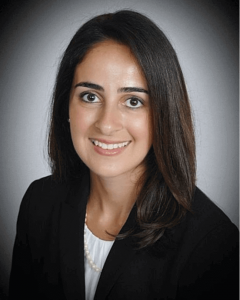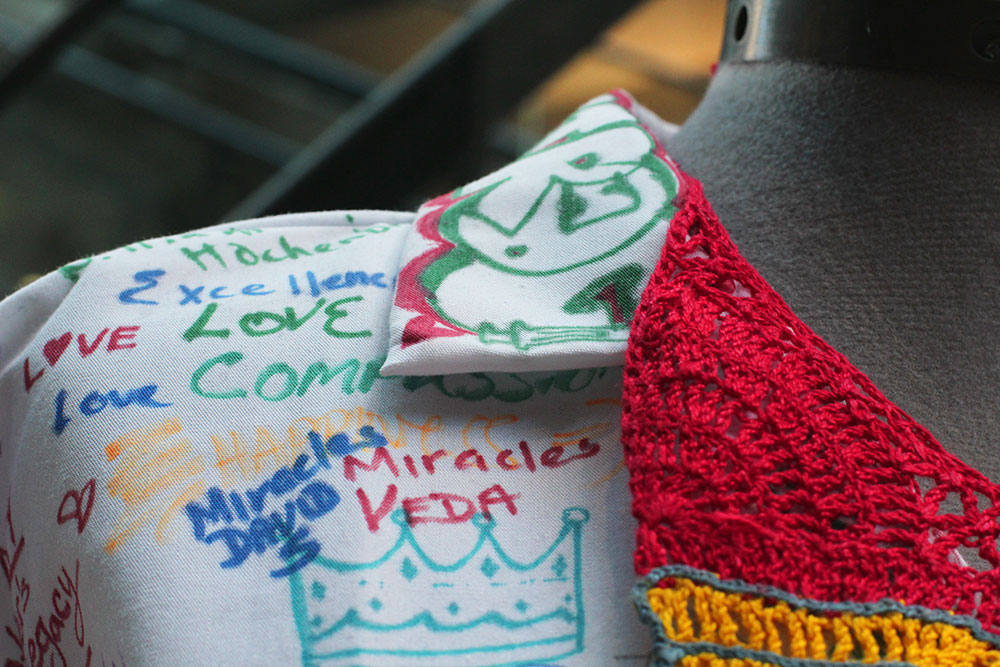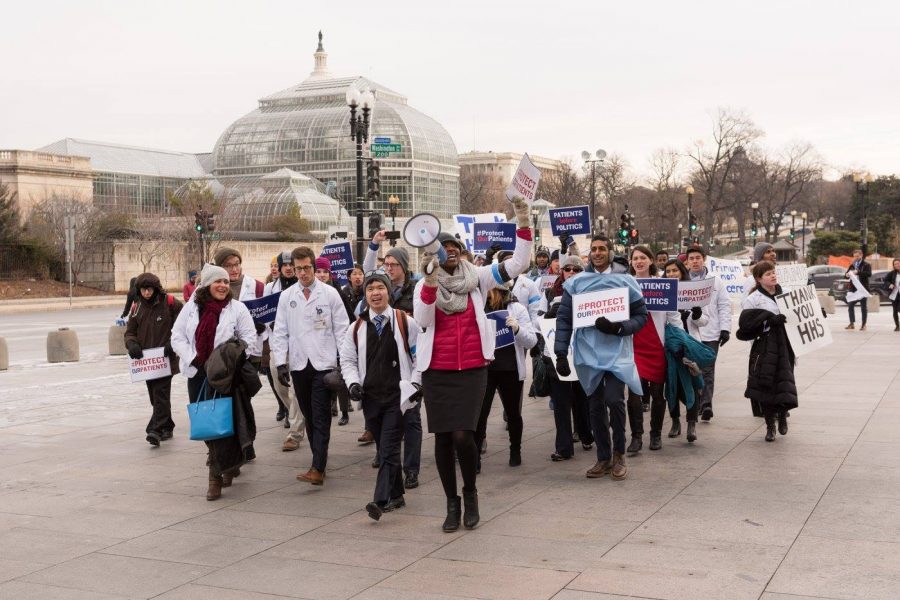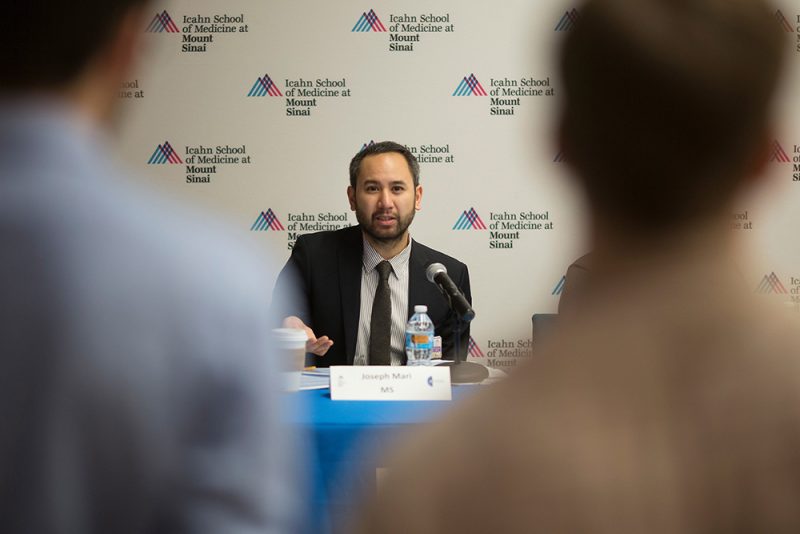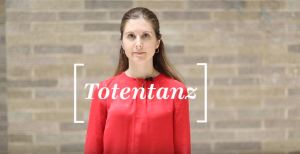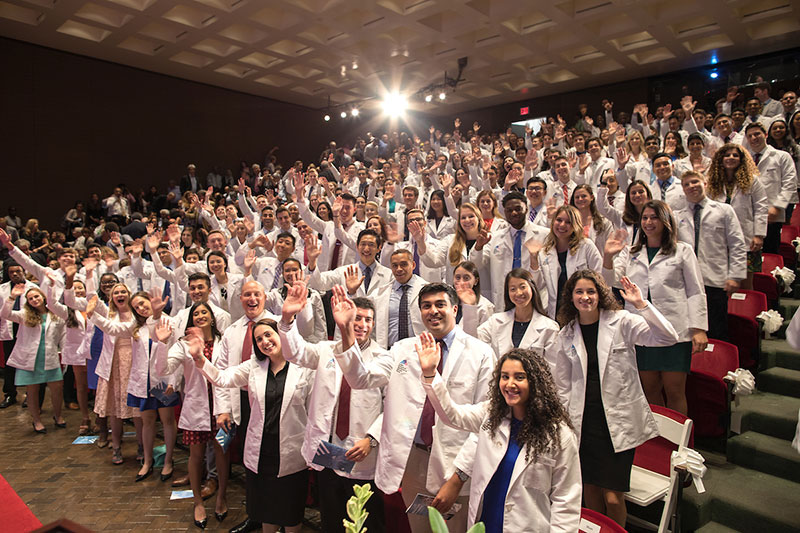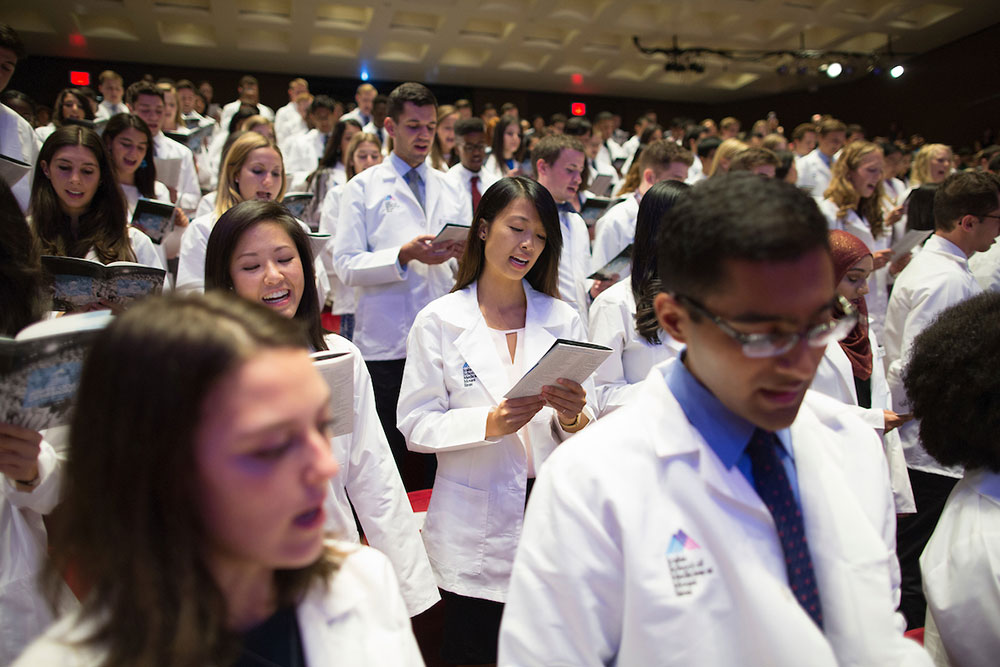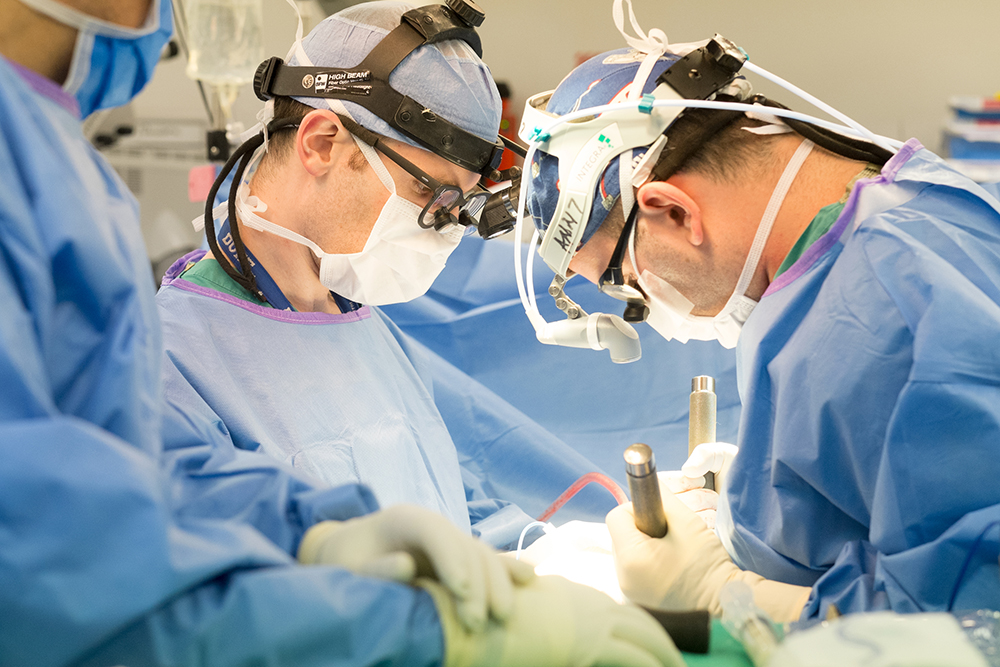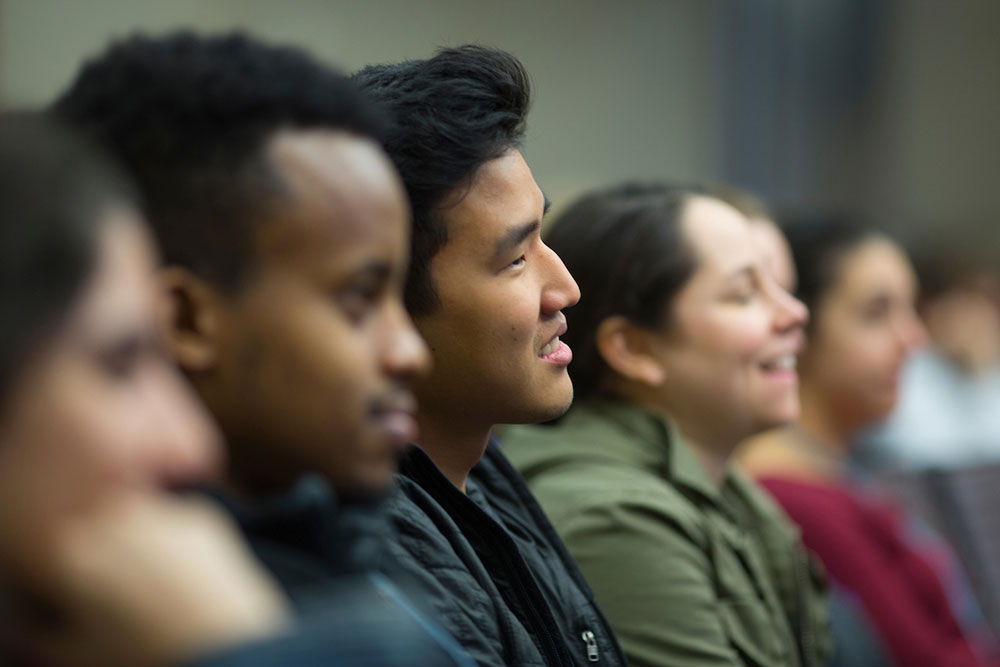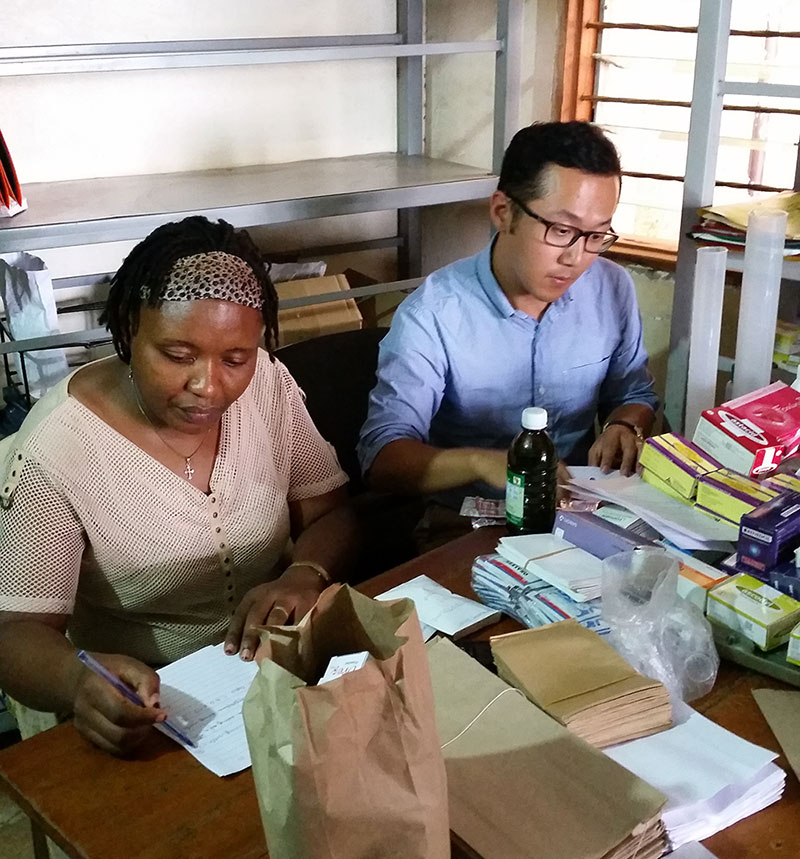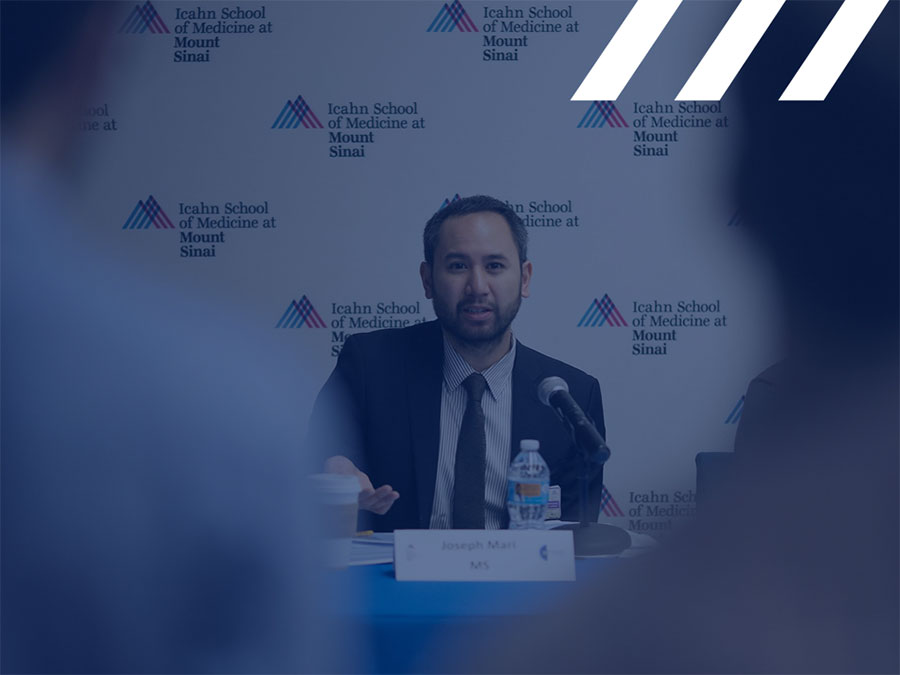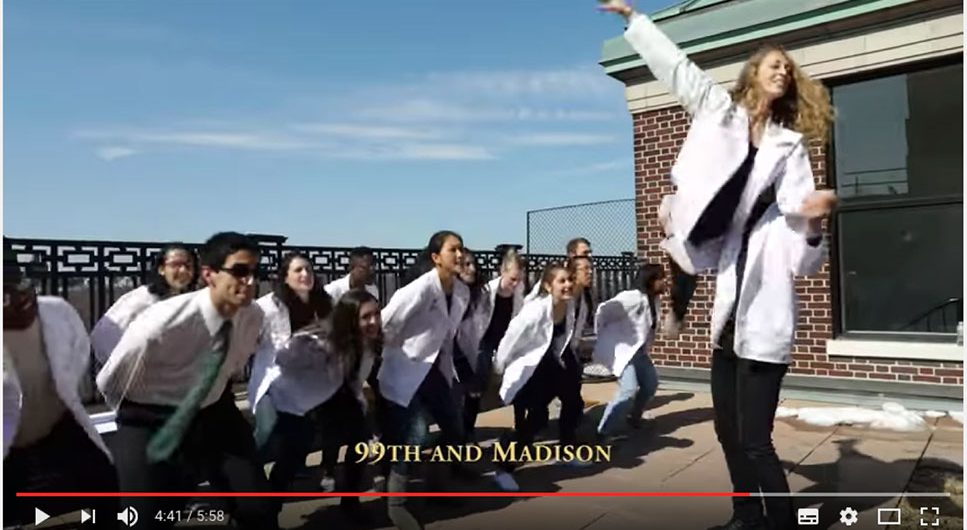Narrative medicine combines medical practice with humanism and art. One fourth-year medical student has co-founded an online publication that shares medical professionals and students reflections after treating patients who have suffered from opthalmological issues—through creative narratives.
Having majored in Classics during college, I entered the Icahn School of Medicine at Mount Sinai with a passion for humanities that I hoped to connect to the sciences and patient care. During my first year of medical school, I shadowed multiple specialties to find the best fit for me, and was surprised to discover that I loved the OR. More specifically, I was fascinated by the precision and delicate nature of surgeries in and around the eye. While I had not considered ophthalmology prior to medical school, I was in awe of the technical skills required to perform eye surgery and excited by the idea of seeing tangible results very soon after intervention. (For instance, if cataract surgery goes according to plan, patients will have significantly corrected vision the very next day and are elated and thankful to see clearly once again.)
But how does ophthalmology connect with my passion for writing? The answer lies in the field of narrative medicine. Narrative medicine is based on the idea that reflecting on our patient experiences through reading and writing has the potential to improve our communication with patients, as well as our listening skills.
If we have a better understanding of our patients’ stories and how patients’ illnesses impact them on a daily basis, we may better see each person as a human being, and not a mere set of symptoms. Though still a relatively new field, narrative medicine has been increasingly incorporated into medical school curricula in hopes of sustaining the humanism medical students begin school with, but often lose sight of amidst standardized tests, clerkships, and the pressure of getting into residency.
After learning what narrative medicine encompassed, I found that many journals on the subject already existed for internal medicine, as well as specific subspecialties like oncology, but none were present for ophthalmology. Subsequently, the Journal of Narrative Visions (JNV) was born. In the summer of 2014, my research mentor, Dr. Albert Wu, and I received a grant from the Arnold P. Gold Foundation to create an online journal for narrative ophthalmology and optometry. Since this time, our journal has received submissions from students and physicians across the world, including essays, poems, and artwork on topics ranging from global health missions to medical education and blindness.
The goal of our journal is to expose ophthalmologists, optometrists, and other health care workers to narrative medicine pieces specifically on vision care. Vision is a gift that can often be taken for granted. Losing vision and helping patients to regain it are powerful experiences that we hope to capture in publishing reflective pieces on these topics.
“We’ve enjoyed the process of creating JNV and are excited to share it with the Mount Sinai community. We welcome essay, poetry, and artwork submissions from medical students, residents/fellows, physicians, optometrists, and other health care workers on any topics related to vision care.” —The Journal of Narrative Visions
If you are interested in contributing to or becoming a medical student editor for the JNV, please visit narrativevisions.org/submissions or email narrativevisions@gmail.com.
The Journal of Narrative Medicine is currently holding a medical student essay contest. All medical students are welcome to submit one essay (3,500 word limit) on any patient experience involving vision. Examples include direct contact with ophthalmology patients or clinical involvement with patients suffering from eye disease on rotations.. The first prize winner will receive $150 and will have their essay published in JNV’s Summer 2017 Edition. All other essays will be considered for honorable mention and publication in the JNV journal. All submissions must be received by midnight on August 18, 2017. Email submissions to narrativevisions@gmail.com.
Kalla Gervasio is a fourth-year medical student at the Icahn School of Medicine at Mount Sinai. She recently matched to Wills Eye Hospital at Thomas Jefferson University in Philadelphia, PA for her ophthalmology residency starting in July 2018. Prior to this, she will be completing a transitional year internship at Memorial Sloan Kettering Cancer Center in NYC.


